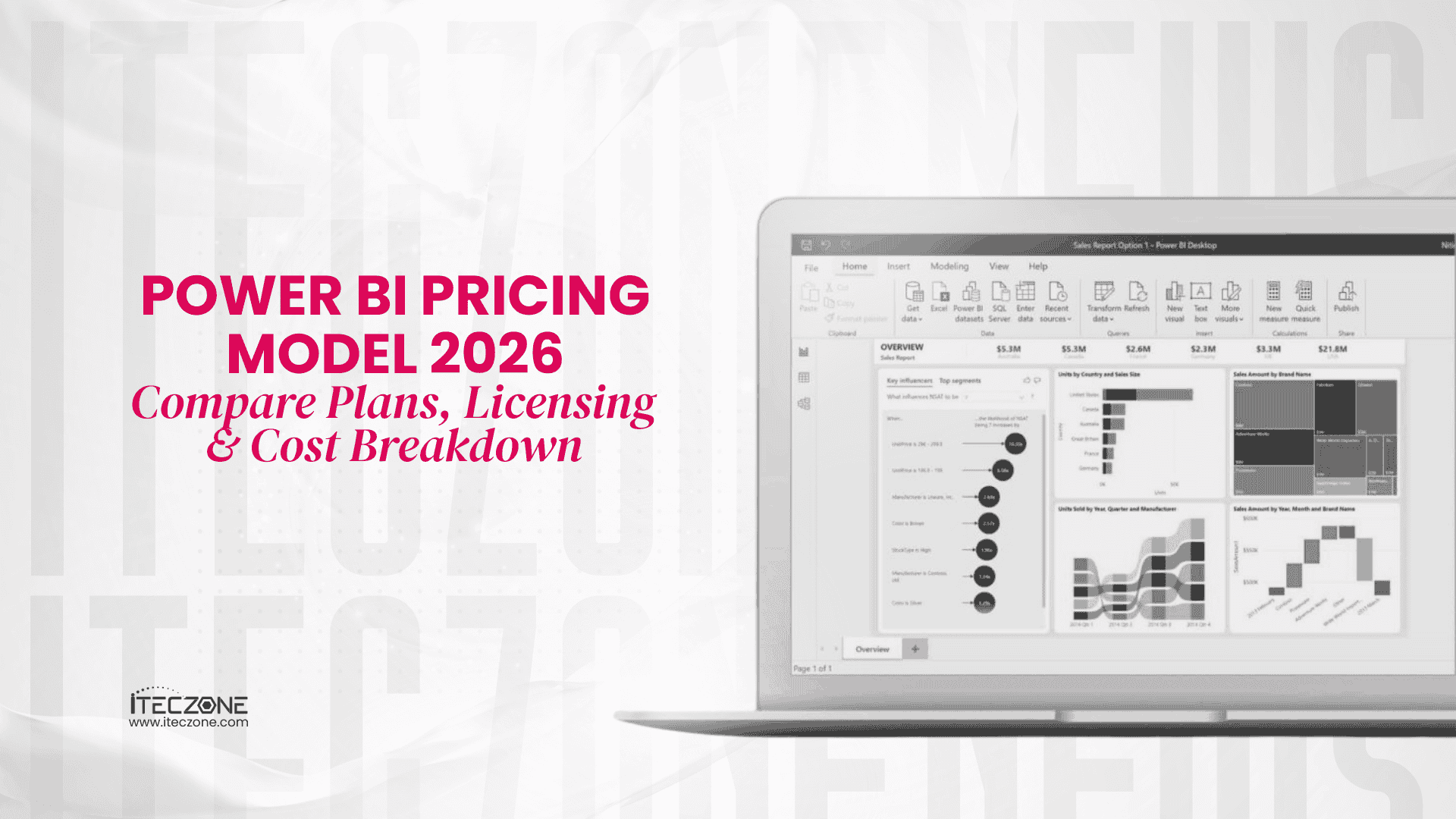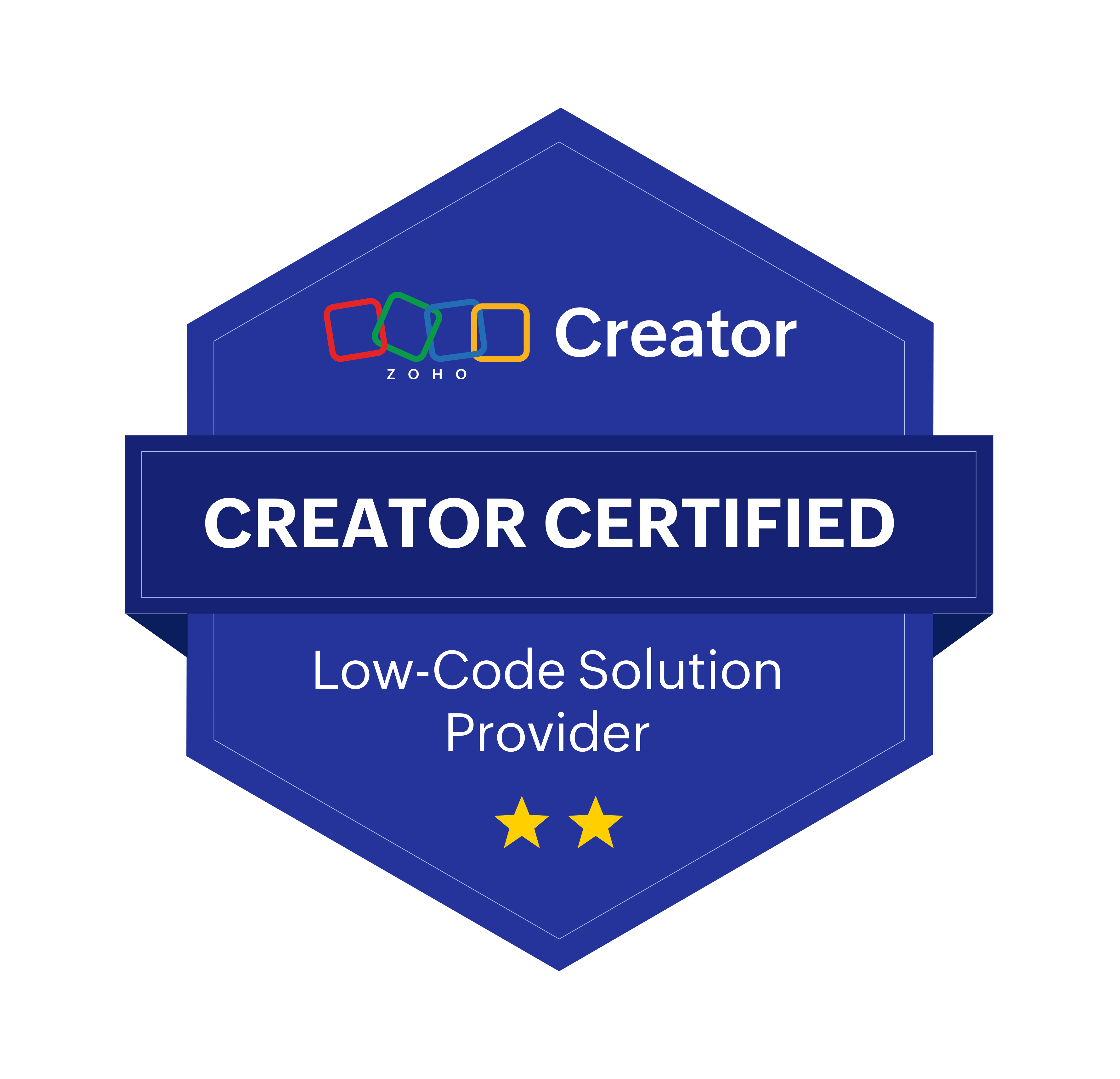Direct-to-Consumer (D2C) brands face unique pressures today. Growing logistics complexity is a massive challenge. Smart companies are adopting D2C operational intelligence tools. These platforms offer key insights into daily operations. Implementing D2C operational intelligence tools is now essential. They help streamline logistics and boost customer experience.
The Challenge of D2C Growth
Rapid growth often brings difficult operational challenges. Scaling sales without upgrading systems causes real problems. Inventory errors can quickly frustrate loyal customers. Manual processes are slow and prone to human error. You need better data to make smarter business decisions. This is where modern intelligence tools become valuable.
Unifying Operations for Success
Disconnected systems slow down your entire business. Data silos hide problems and delay critical decisions. A Unified operations platform D2C solution solves this. It brings all your data into one clear view. This unified view covers everything from clicks to final delivery. You gain complete supply chain visibility instantly. This visibility helps your teams work together efficiently.
Mastering Logistics and Inventory
Logistics is the heart of the D2C customer promise. Reliable fulfillment drives repeat purchases and loyalty. Effective D2C logistics management software is necessary. It handles shipping, warehousing, and carrier selection. Inventory management for D2C prevents frustrating stockouts. You can accurately predict demand across all channels. The right tools ensure items are always in stock. Customers also expect a Real-time order tracking system.
Elevating Customer Experience
Customer service is key after the purchase is complete. Proactive communication builds confidence in your brand. Customer support automation tools handle many common inquiries. This saves your team time and reduces response delays. A reliable Real-time order tracking system is also critical. Customers feel informed and less anxious about shipping. Fast issue resolution leads to higher satisfaction scores. Tools like these enhance the overall customer experience.
Final Thoughts on Optimization
Embracing intelligence tools is not an option anymore. They are crucial for modern D2C business survival. These platforms deliver efficiency and true customer delight. They help you navigate the complex, competitive retail landscape. Invest in smart solutions to ensure your future growth.
The Power of Zoho for D2C Businesses
Many successful D2C brands use the Zoho ecosystem daily. Zoho applications offer a comprehensive suite for all business needs. They provide solutions for sales, marketing, and operational efficiency. The platform simplifies everything from CRM to invoicing and inventory. Zoho’s robust, integrated tools can handle your entire operation easily. However, maximizing its potential requires expert setup and customization. You need a trusted partner to configure the platform for your unique D2C needs.
With iTecZone as a certified Zoho partner and a team of experienced developers, you can access top-tier services for all Zoho applications. This is why iTecZone is the perfect choice as your Zoho Consultant Partner.
FAQ’s
Q: What exactly is a Unified operations platform D2C? A: This platform connects all business functions into one system. It includes sales, inventory, and D2C logistics management software. This integration provides a single source of truth for all data.
Q: How do D2C operational intelligence tools help reduce costs? A: They provide data to optimize inventory levels precisely. This reduces holding costs and prevents costly stockouts. They also improve fulfillment workflows for better efficiency.
Q: Why is a Real-time order tracking system so important for customers? A: Customers demand transparency about their order’s journey. Tracking systems reduce “Where Is My Order” (WISMO) support calls. This improves customer satisfaction and trust.
Q: Can Customer support automation tools handle complex issues? A: Automation handles routine questions about shipping or returns very well. Complex issues are smoothly escalated to a human agent. This improves efficiency without sacrificing quality.
Q: How does Inventory management for D2C differ from traditional retail? A: D2C relies heavily on predicting direct consumer demand accurately. The management tool must integrate with all sales channels instantly. This ensures inventory accuracy across all touchpoints.






